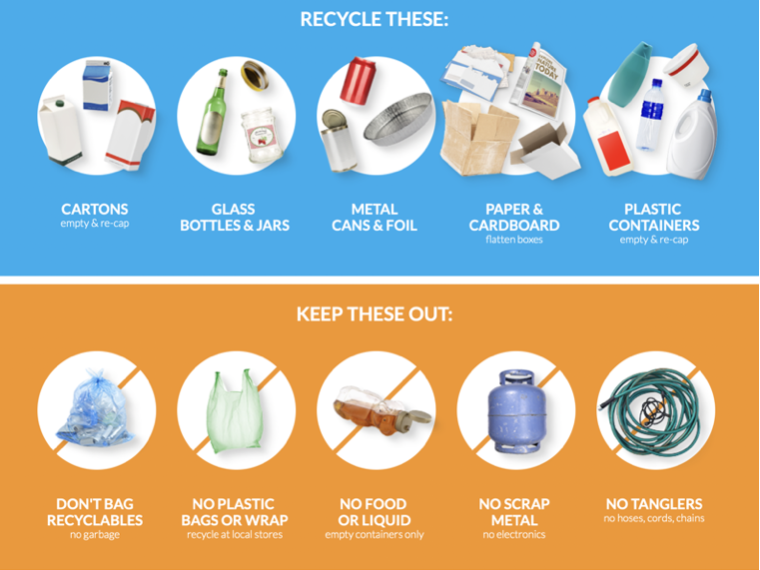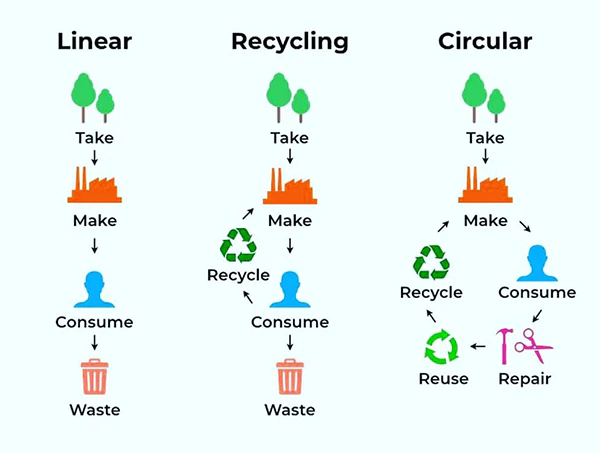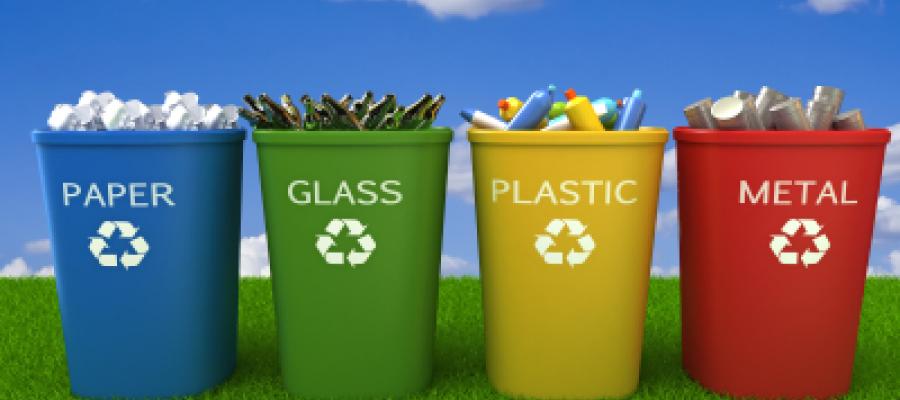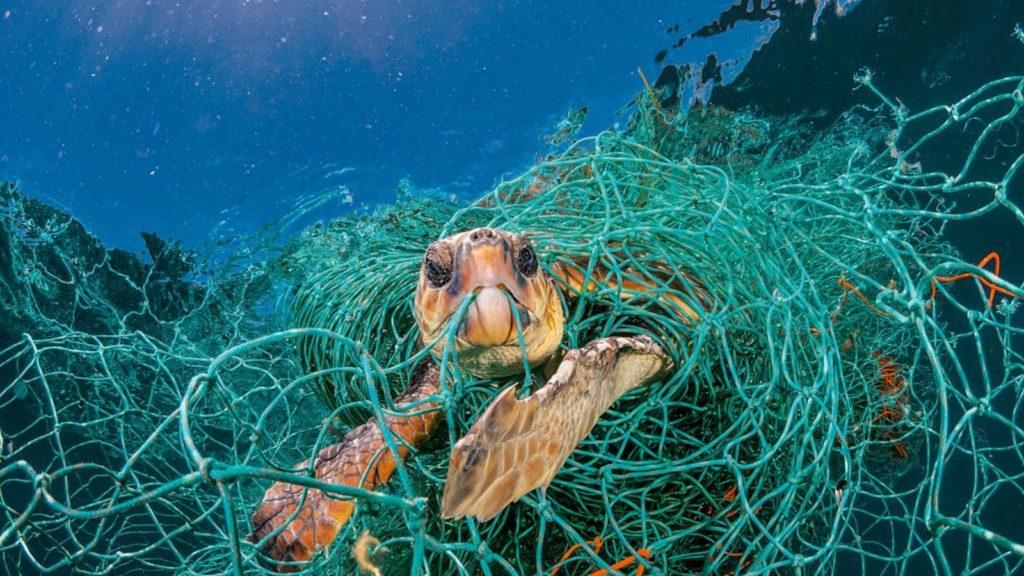Biomedical Waste Management in North Carolina

What is Biomedical Waste
Biomedical waste is also referred as “medical waste, infectious waste or biowaste” They can be defined as any waste generating during the diagnosis, the treatment or immunization of human beings or animals waste generated during the research activities that can potentially contaminate individuals. Such waste must be disposed of by professional junk disposal services.
Management of biomedical waste is very important to protect the public and environment from the consequences of exposure to potential hazards. The U.S. has no single set of rules dictating how biomedical waste should be managed, though it has a detailed federal framework that states can adopt.
Types of Biomedical Waste
Biomedical waste includes, but is not limited to, the following:
- Sharps: Needles, syringes, scalpels and other objects that are sharp enough to puncture or cut skin
- Infectious Waste: Items or material soiled by infectious agents like bloodied wipes, cultures, swabs, etc
- Pathological waste: Body parts, organs, and human tissue
- Pharmaceutical products: Expired or unused medications and vaccines
- Chemical: Disinfectants, solvents, laboratory reagents
Radioactive Waste is that waste which is from different medical imaging or cancer treatments, like radioactive isotopes.
Each category needs to be handled, treated, and disposed of in specific way to limit risks.
Federal Framework
Biomedical waste management activities in the US is federally regulated, with federal laws and regulations providing baseline standards. Important federal agencies include the Environmental Protection Agency (EPA), the Occupational Safety and Health Administration (OSHA), and the Department of Transportation (DOT).
Resource Conservation and Recovery Act (RCRA): The EPA regulates certain hazardous components of biomedical waste under RCRA, including chemical and pharmaceutical wastes.
OSHA Bloodbourne Pathogen Standard: OSHA governs the safety of the workplace, how we handle material that can be contaminated with infectious agents.
Biochemical State DOT Regulations: The DOT regulates the transportation of biohazardous medical waste, ensuring the proper labeling, packaging and documentation is accurate to prevent any incidents and accidents during transportation.
Although these agencies provide standards at the macro level, states like North Carolina are accountable for enacting and enforcing specific biomedical waste management regulations.
North Carolina Regulations
Biomedical waste management regulations each state creates on the basis of federal guidelines (EPA and Department of Health). State health and environmental protection agencies usually take the lead on biomedical waste disposal. For example:
North Carolina stringently regulates medical waste management under the Medical Waste Management Act, with segregation and treatment mandates. Companies dealing with biomedical waste register with the state through its Biomedical Waste Program, which requires facility registration, training and inspections. Certain types of waste require specific treatment technologies, e.g., autoclaving or incineration.
States also set penalties for noncompliance, including fines and suspensions of operations.
Segregation and Storage
Segregation of biomedical waste is one of the fundamental aspects of biomedical waste management. This Waste is segregated at the source for correct treatment and safe disposal! For example:
- Sharps collection is done in puncture-resistant containers
- Infectious waste is put in biohazard bags with the universal biohazard symbol listed on it
- Pathological waste is typically refrigerated, to prevent decomposition, until it is disposed of
- Storage areas must be secure, clearly labeled, and designed to prevent exposure to unauthorized persons or pests
Waste Management and Disposal Processes
Biomedical waste is processed so that it is no longer going to infect whatever it comes into contact with or be harmful to the environment. Common methods include:
- Autoclaving(steam sterilization) Refers to process of destroying infectious waste through exposure to heat, pressure and moisture
- Incineration: The complete destruction of waste at high temperatures, or at least conversion to an ash residue. This is especially good for pathological and pharmaceutical wastes, but causes pollution with the air type
- Chemical Disinfection: Application of chemicals like bleach to liquid waste or some infectious material
- Microwave radiation: Disinfection through Internal heating of waste with microwave energy
The residual materials after treatment will usually be landfilled or sent to some further processing (like recycling of non-contaminated plastics or metals).
The transport of biomedical waste from health care institutions to treatment plants or disposal locations is highly regulated, including dumpster rental services. Specialized dumpster trucks that can safely transport certain hazardous materials are utilized, and all shipments must be accompanied by manifests specifying the waste’s type, quantity, and destination.
Specific packaging, labeling, and emergency response procedures are mandated for transporters of hazardous waste material by the DOT. Each state may have its own licensing requirements for companies dealing with biomedical waste.
Issues Faced In Biomedical Waste Management
Despite strict regulations, biomedical waste is a problem in the U.S. for a myriad of reasons:
- Waste Volume: The increasing number of health care facilities and medical procedures results in larger amounts of waste produced and puts further strain on disposal capacity
- Environmental Concerns: Incineration, though effective, releases toxins such as dioxins. Other options — such as autoclave treatment — require a large amount of energy
- Compliance: Monitoring that smaller facilities, such as outpatient clinics and veterinary offices, comply with regulations can be a challenge due to limited oversight
- Narrative: The increasing prevalence of home healthcare and telehealth presents difficulties in dealing with biomedical waste incurred outside of a standard facility
- Technology Development: Increasing the efficiency of treatment methods to cleaner, energy efficient, plasma arc technology, for example, or advanced chemical processes
- Recycling Initiatives: Putting more effort into recycling non-contaminated parts of biomedical waste, including plastics and metals
- What They Do: Expand education about appropriate biomedical waste disposal methods for healthcare workers and the community
- Policy updates: Amending regulations and confronting novel challenges, like waste from pandemics and natural disasters
Future Directions in Waste Management
Innovative approaches to biomedical waste management are explored in the United States too:
Proper and effective biomedical waste management is important for the protection of public health and the environment and for the sustainability of health care systems in North Carolina. This is part of a series of updated guidance as NC continues to address the complexities involved with managing the waste generated by a changing landscape of healthcare.







